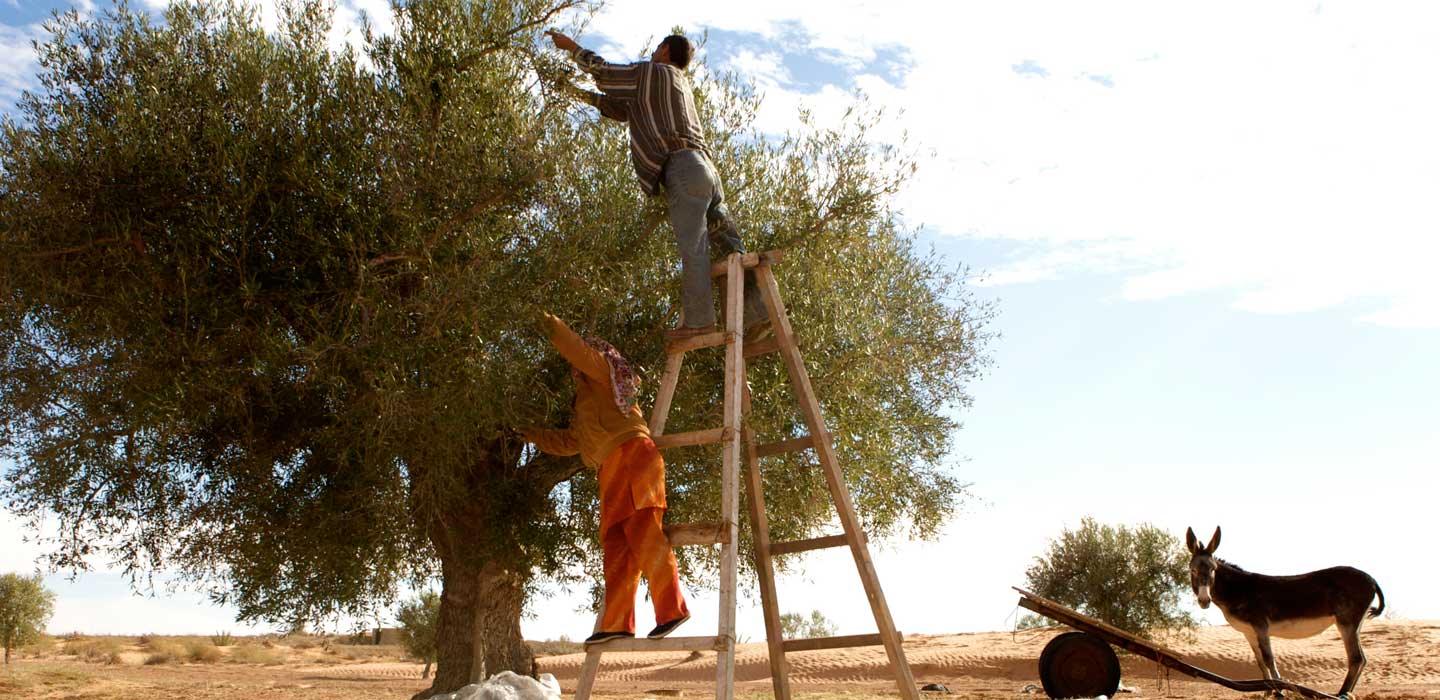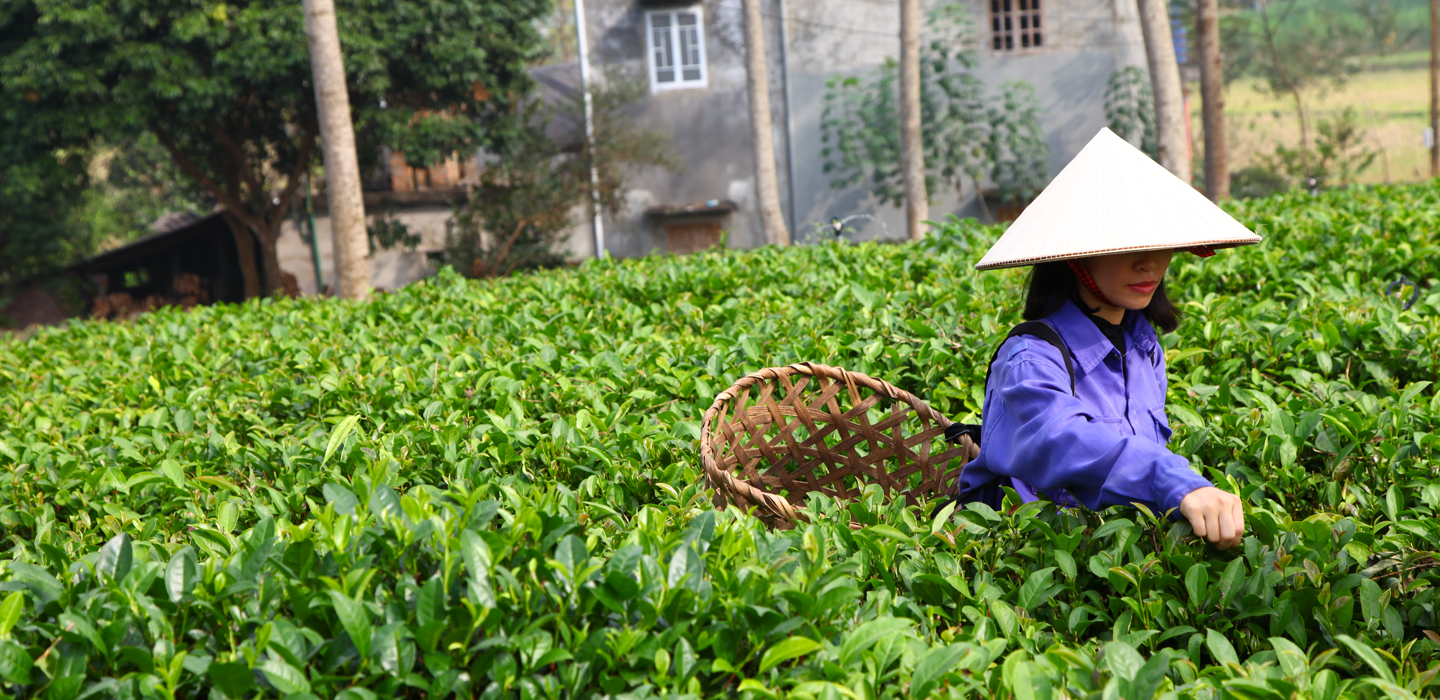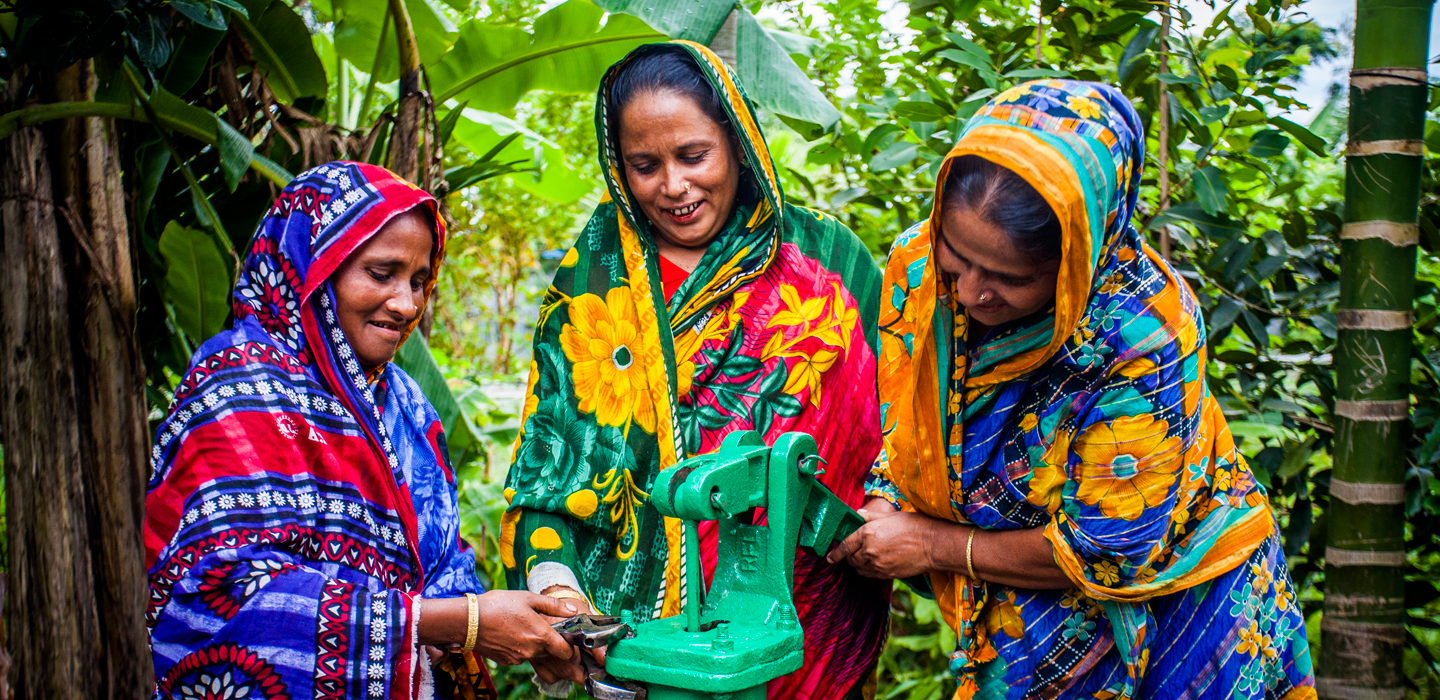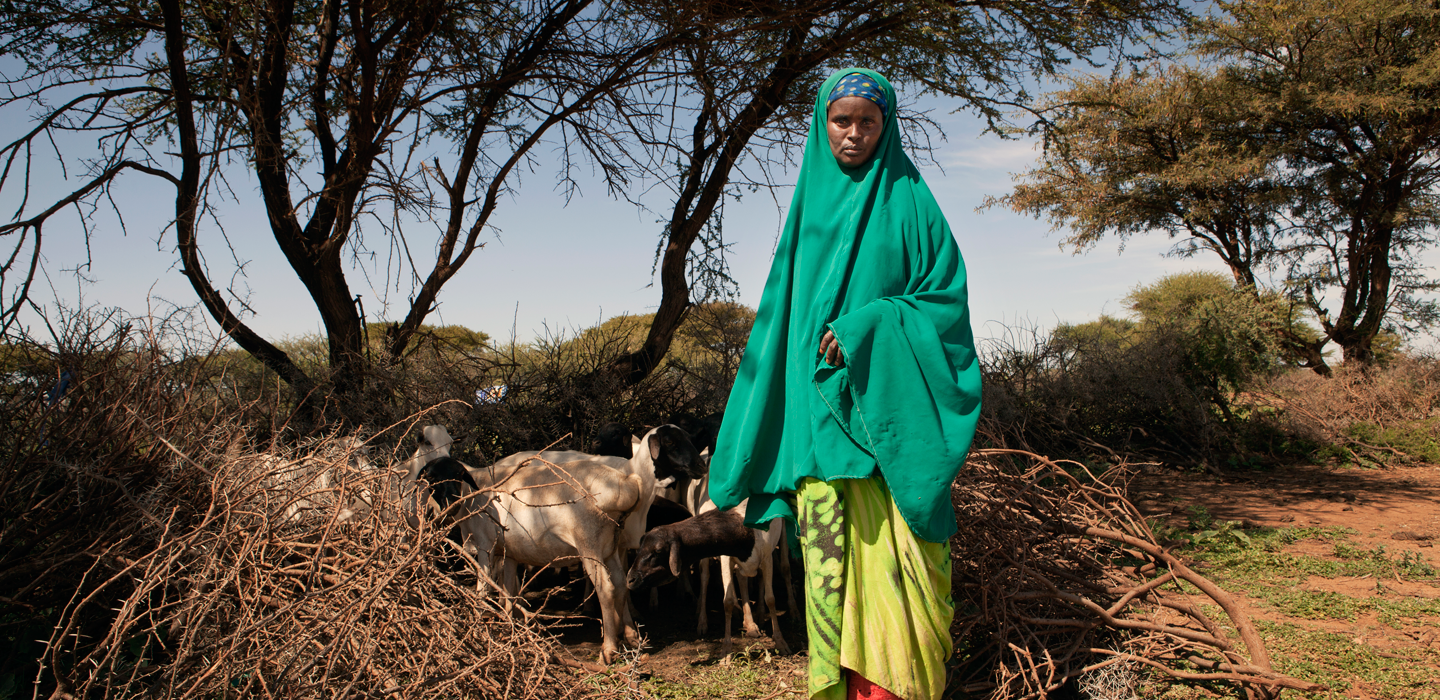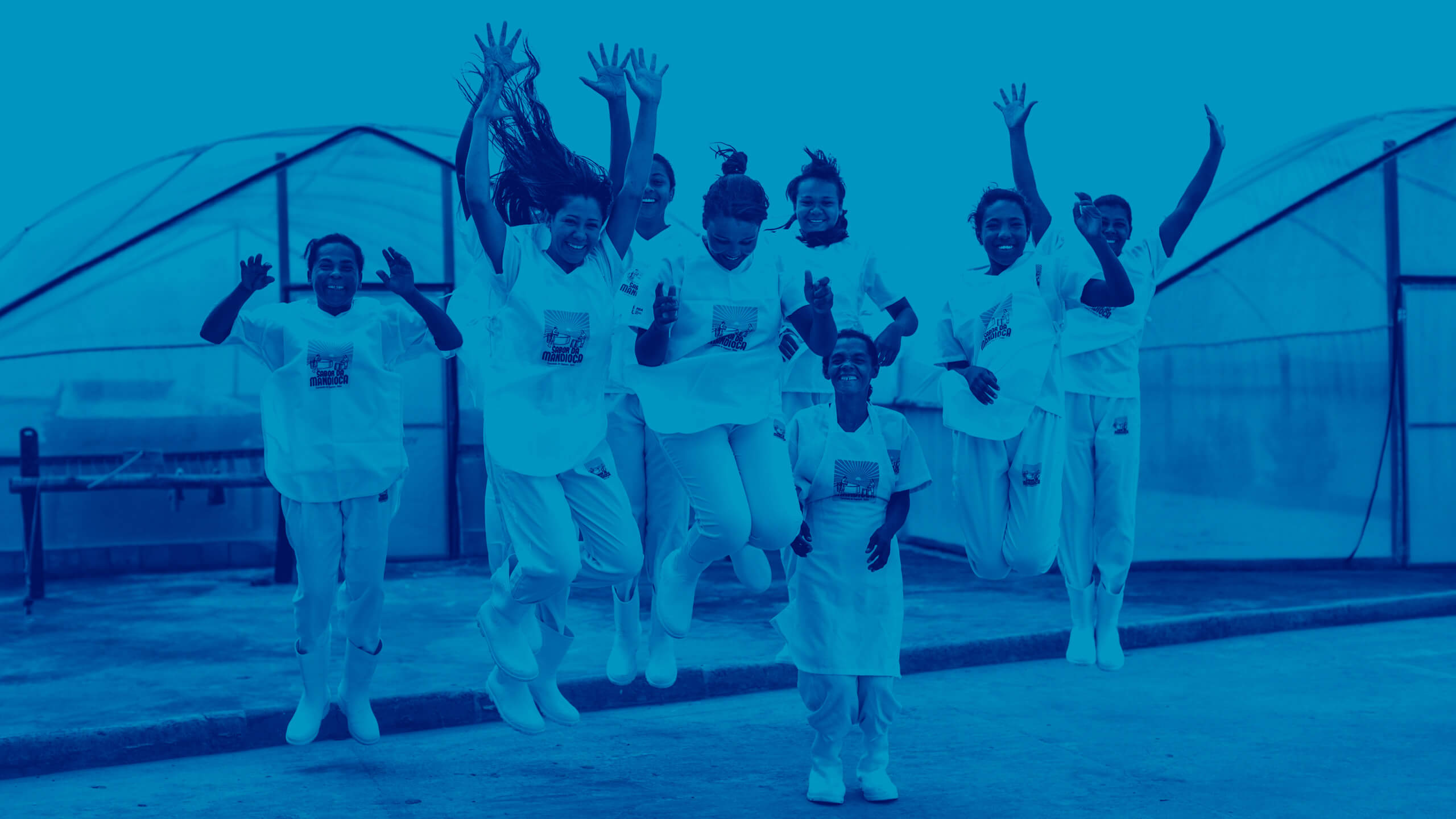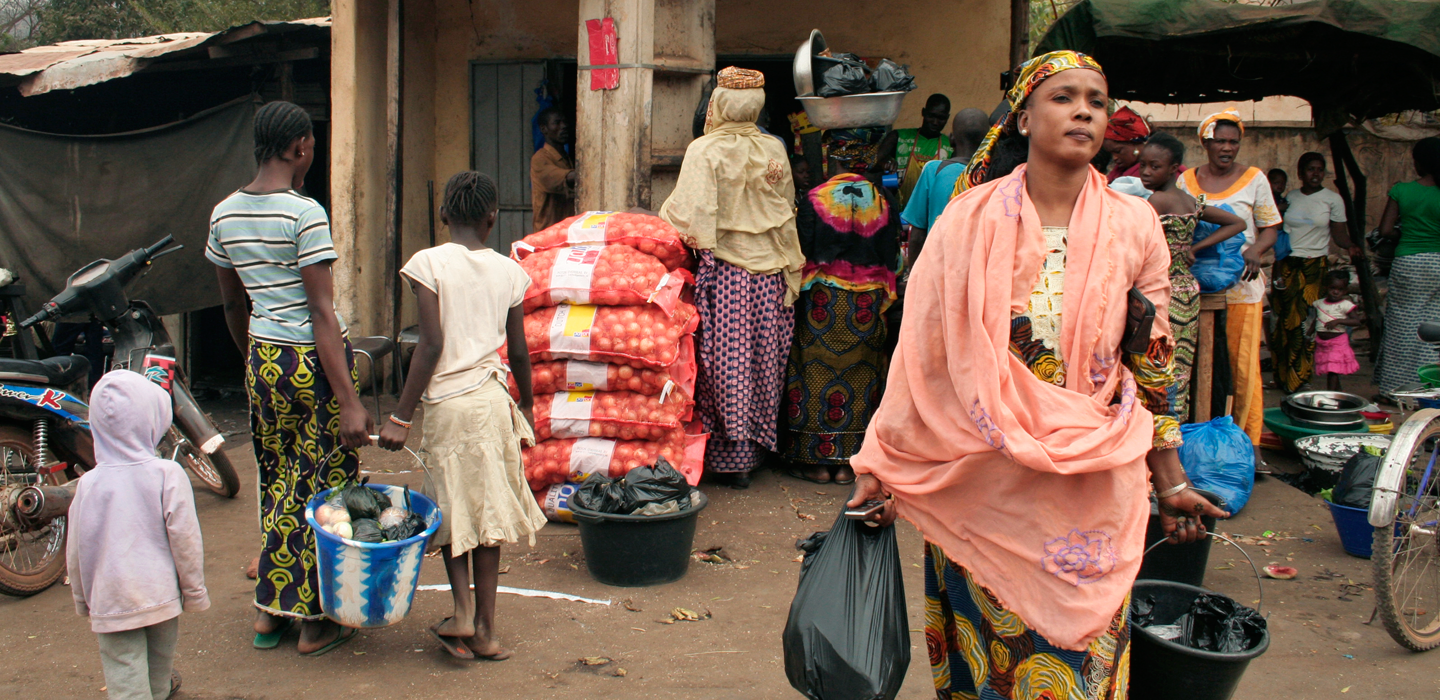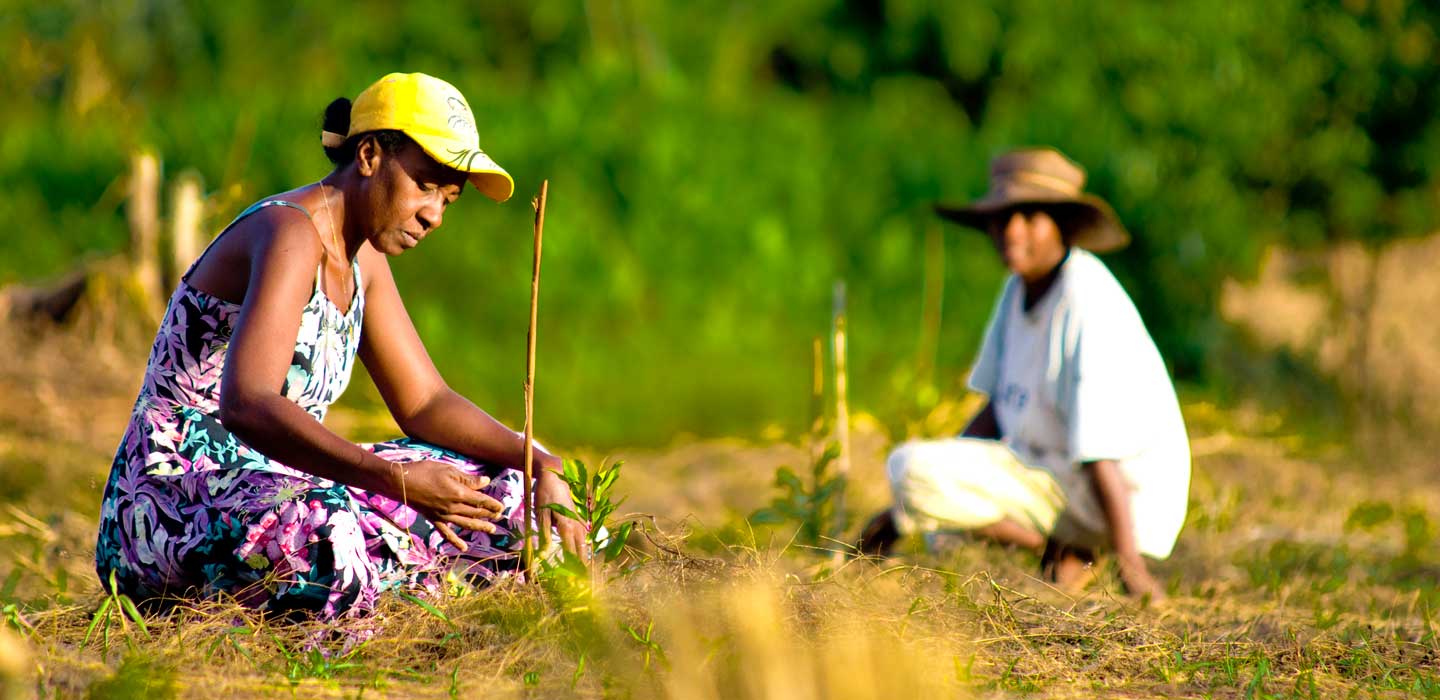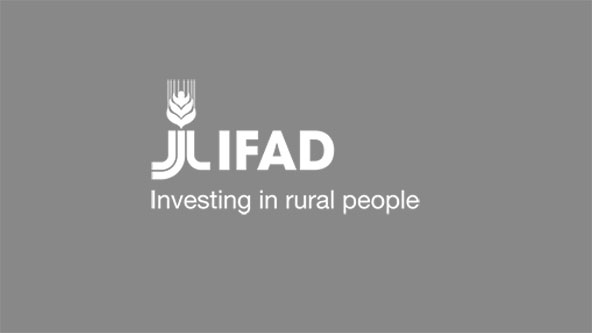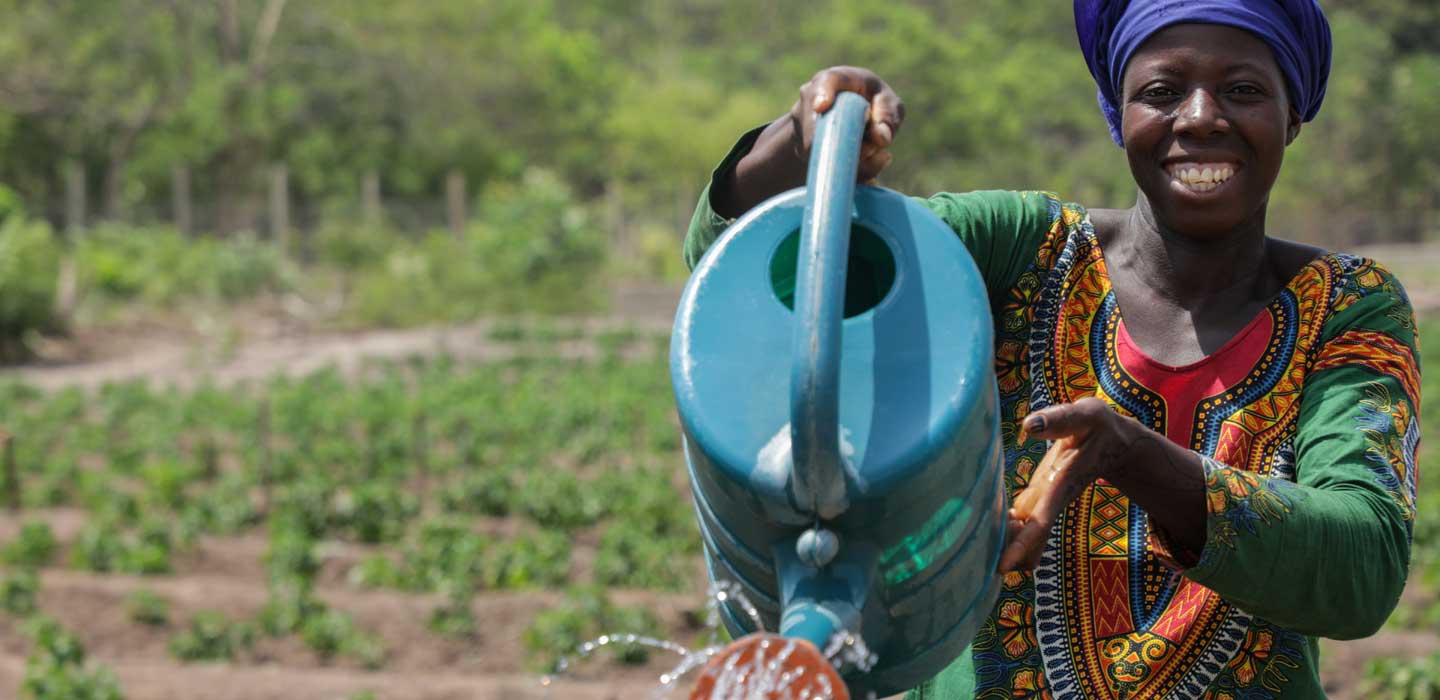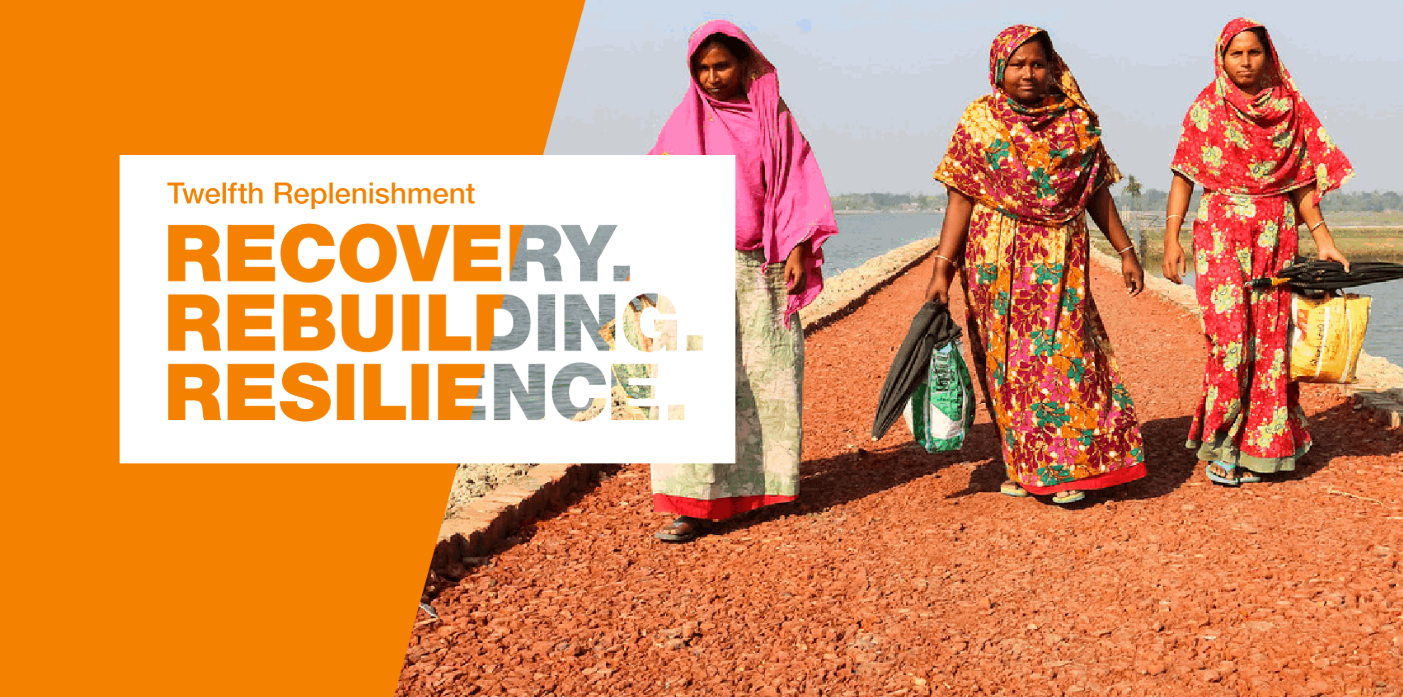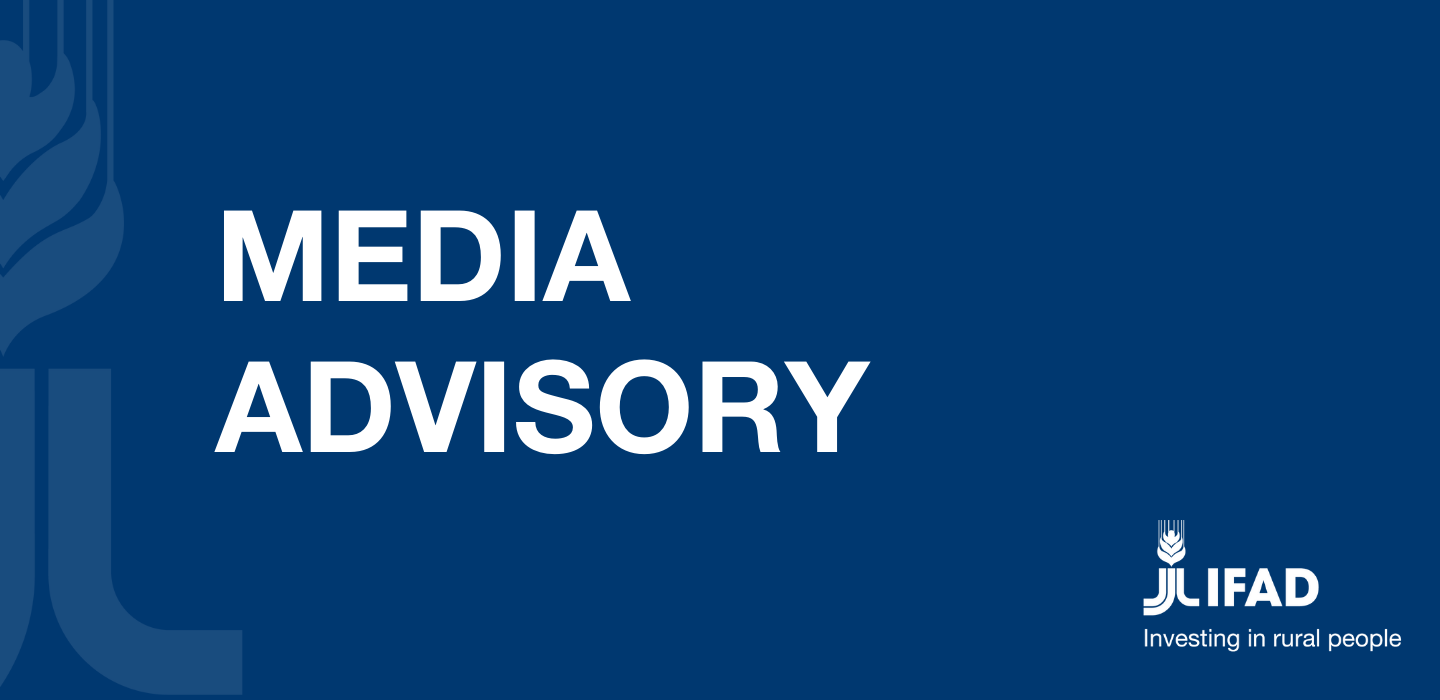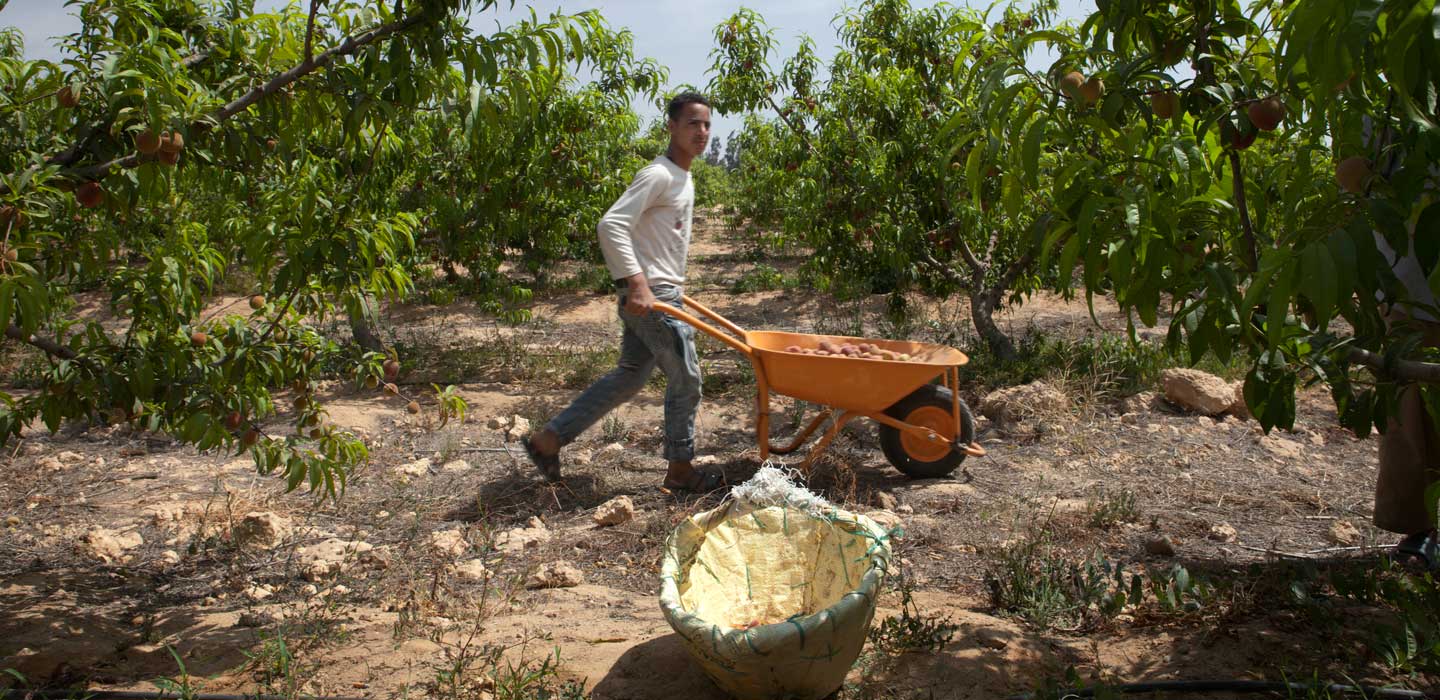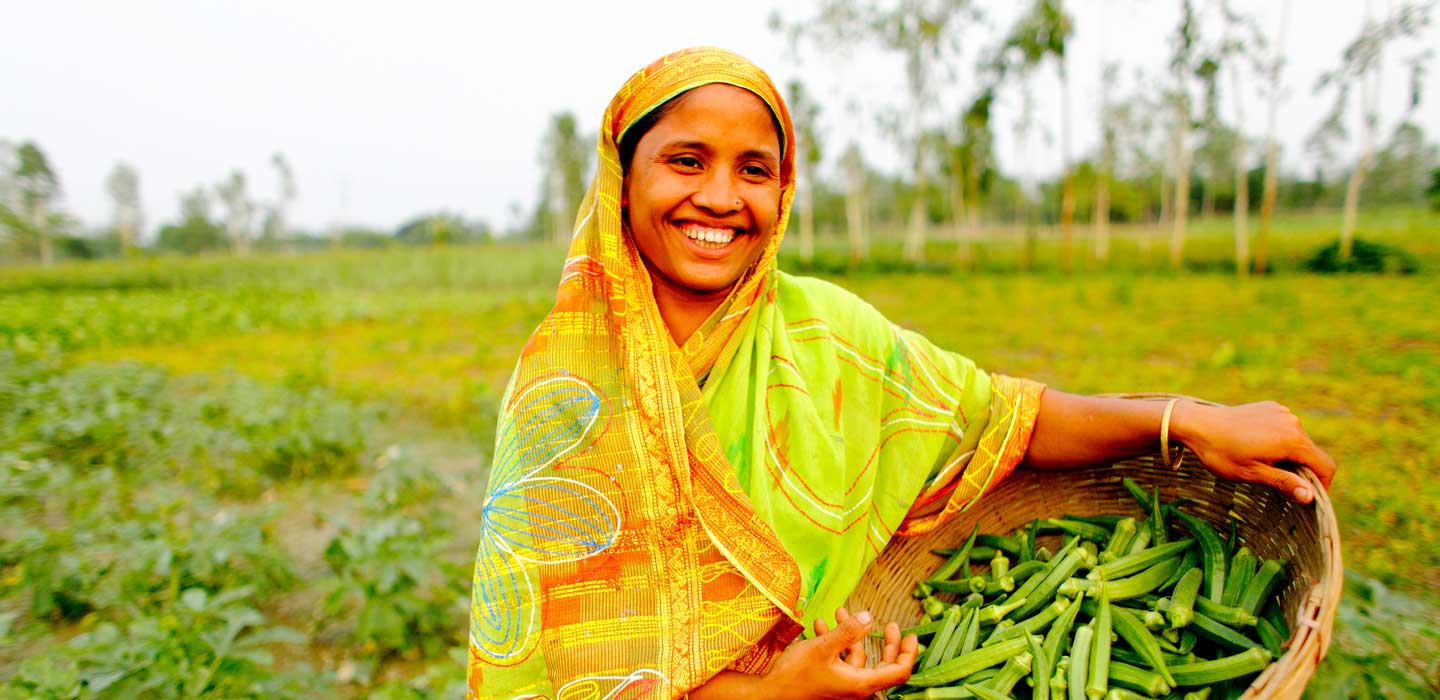Latest
Latest

Latest
Manual Submenu Topics
Search Results Filters
Search Results
Recipes for Change: Ema datshi and millet momos
Try the Recipe at home: Ema datshi and millet momos - Bhutan
High unemployment rates among rural youth are destabilizing the Near East and North Africa region
When economic opportunities are limited, programs and policies to help rural youth will generally be ineffective.
Young smallholder farmers overcoming climate challenges in Viet Nam
Climate change is one of the major dynamics of change affecting rural youth livelihoods. It is having significant effects on the countries in which the rural youth population is concentrated and on the sectors in which they will be looking for employment opportunities.
No stability in the Sahel without rural development and job creation for young people, says IFAD President ahead of G7
The economic transformation of rural areas and the creation of jobs for millions of young rural people are pre-conditions to stability in the Sahel, says Gilbert F. Houngbo, President of the International Fund for Agricultural Development (IFAD), who takes his message to the G7 ministerial meeting on development in Paris tomorrow.
Gender-Transformative Adaptation. From good practice to better policy
Gender inequality is a pervasive threat to sustainable development and has negative impacts on our collective ability to meet human rights obligations.
How old is the average farmer in today's developing world?
As it turns out the short answer to this question is about 34 and not 60 as is often reported.
IFAD's 2019 Rural Development Report
Nearly 1 billion of the world’s 1.2 billion youth aged 15-24 reside in developing countries. Their numbers are growing far more rapidly in lower income countries than in higher income countries, particularly in rural areas.
Mali and IFAD strengthen partnership for investing in rural youth
The President of the International Fund for Agricultural Development (IFAD), Gilbert F. Houngbo, will travel to the Republic of Mali and meet with President Ibrahim Boubacar Keïta and other high-ranking officials to discuss investments to provide employment opportunities for rural youth, improve food and nutrition security, and reduce poverty.
How to improve impact evaluations of land tenure interventions in IFAD-supported projects
The inclusion of land tenure-related indicators in the SDGs has drawn increased attention to the topic.
Call for proposals: Grant to support family farming, regional markets and cross border trade corridors
This is a Call for Proposals to identify the recipient of a three-year grant financed by the International Fund for Agricultural Development (IFAD) for a total amount of up to US$ 3.5 Million.
From farm to market: improving the food value chain through women empowerment in Guinea
Saran Condé is a 30-year-old smallholder farmer in Guinea's Faranah region. She has improved her farming skills and increased her productivity since joining an IFAD supported community garden.
IFAD’s Twelfth Replenishment
Ending extreme poverty and hunger will be difficult without more investment and more innovative approaches. See how IFAD is building the resilience of the world’s most vulnerable people.
IFAD at the Perugia International Journalism Festival
How can we collectively create a safe environment that supports meaningful reporting and gives voice and space to Indigenous Peoples to tell their own story?
Rwanda and IFAD partner to reduce poverty in drought-prone areas
About 7,167 poor and food insecure rural households in Rwanda will benefit from a new US$24.7 million project that aims to improve food and nutrition security, climate resilience and raise incomes by increasing production.
New IFAD report highlights challenges facing growing population of rural youth in the world's poorest countries
About 500 million young people live in the rural areas of developing countries, representing about half of the youth of these countries. Rural young people are exposed to poverty and lack employment opportunities and access to land, services, technologies and training.
Opportunities, challenges and limitations of climate-smart agriculture - The case of Egypt
Climate-smart agriculture (CSA) aims to facilitate the evolution of agricultural systems in the face of a rapidly changing climate. IFAD's approach to promoting CSA for smallholders focuses on three core objectives.
Décentraliser pour mieux servir les petits producteurs du Sahel
Le FIDA, une institution spécialisée du système des Nations Unies, procédera à l’ouverture officielle de son Bureau sous régional, Afrique de l'Ouest, le 25 juin 2019 à Dakar, capitale du Sénégal.
New policies and investments urgently needed in support of rural youth in poorest countries, says a new UN report
Effective policies and investments are urgently needed if the world's poorest countries are to offer a future to hundreds of millions of marginalized young people living in rural areas, according to a new report released today by the United Nations' International Fund for Agricultural Development (IFAD).
UN report outlines prospects for rural youth in some of the world's poorest countries.
Nearly 1 billion of the world’s 1.2 billion youth live in developing countries and half of them in rural areas where they are most often poor, lack economic opportunities and face constraints to access land, services, technology and training.
Call for proposals: Grant to implement Capacity Building Programme
This Call for Proposals is intended to identify the recipient of a three year grant financed by The International Fund for Agricultural Development (IFAD) for a total amount of up to US$ 3.0 Million to implement a Capacity Building Programme to improve financial management in selected IFAD-financed projects.

